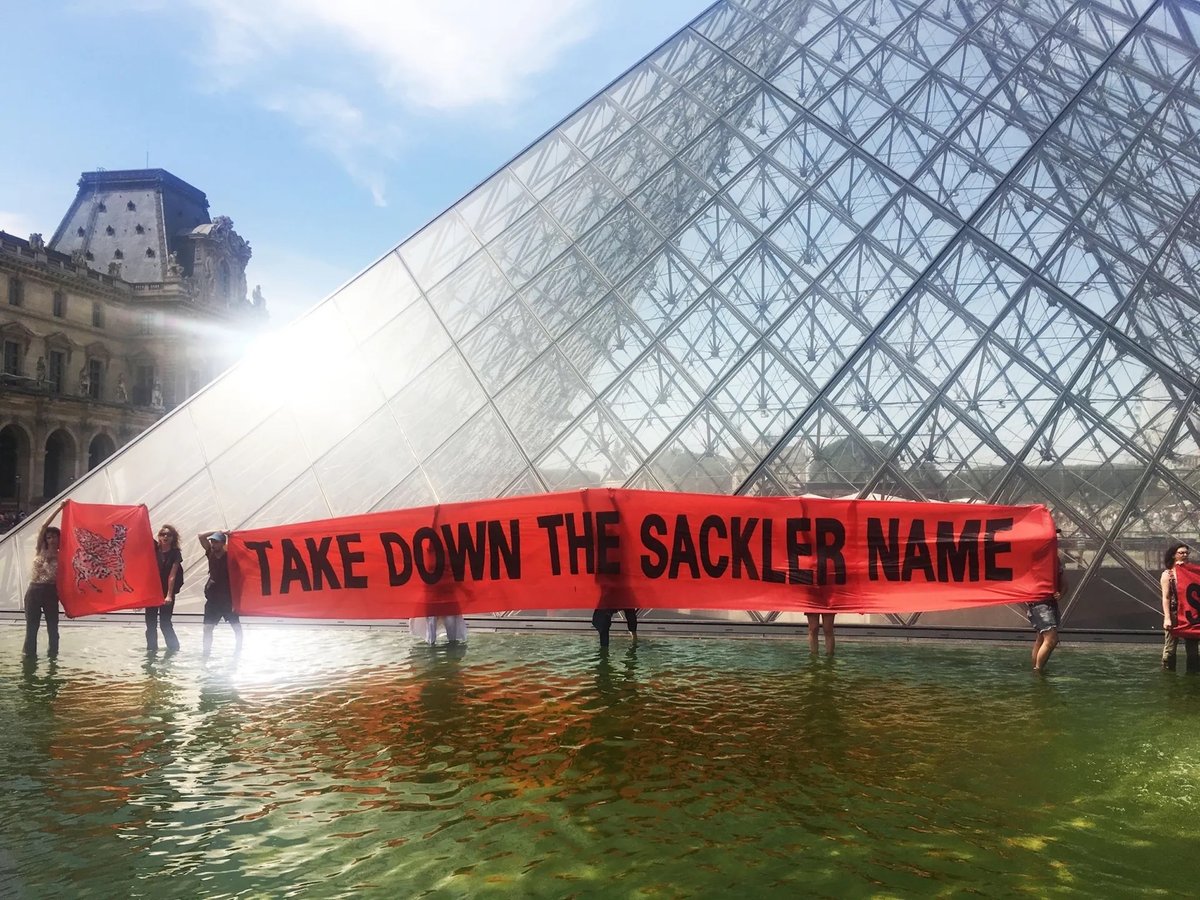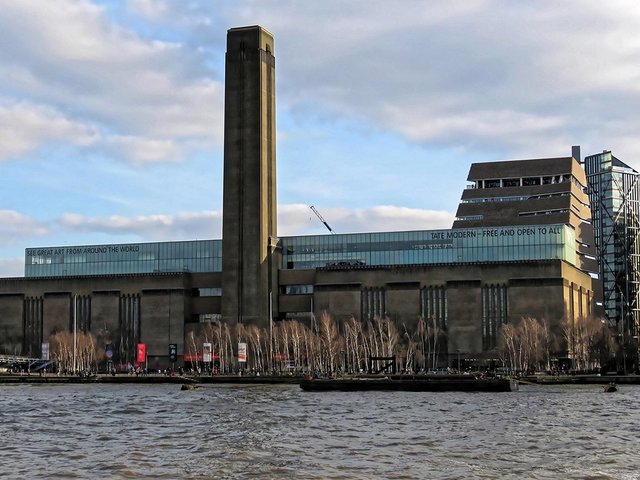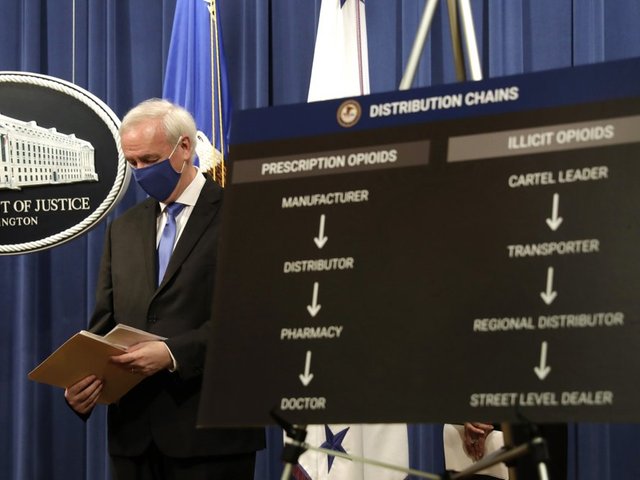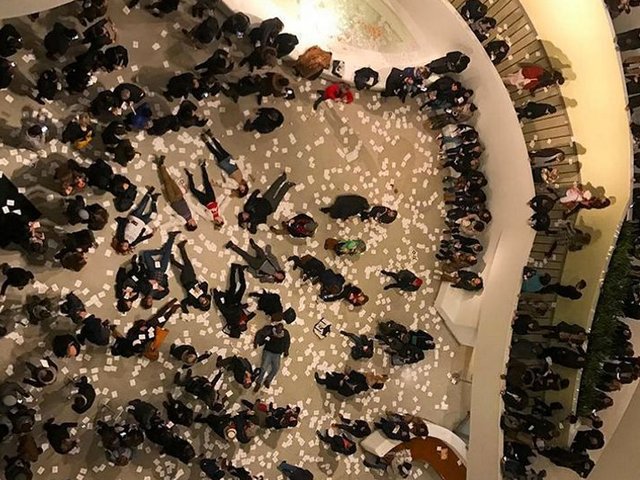Members of the Sackler family—the mega art donors and billionaire owners of Purdue Pharma, maker of oxycontin—have once again reached a deal after their previous bankruptcy settlement, which would have granted the family immunity from the over-800 civil lawsuits filed against them in exchange for $4.5bn in payments, was overturned last December. The new agreement would also allow any museum or organisation in the US that currently bears the Sackler name to remove it without consequence.
In recent years, a slew of museums have been steadily distancing themselves from members of the Sackler family who intentionally misled doctors and the public about the addictive nature of oxycontin, fueling the opioid epidemic and growing tremendously wealthy in the process, and whose mammoth donations led to eponymous wings and galleries in cultural spaces throughout the world. The terms of some of those donations had prevented some institutions from removing the family's name from display, despite public outcry and protests.
If the new agreement is approved by a judge, members of the Sackler family could pay as much as $6bn to help communities harmed by the opioid epidemic, and though they would not be protected from criminal prosecutions, it would still bring an end to the current and future civil claims brought against them.
As stated in the agreement, the Sackler family will “allow any institution or organisation in the United States to remove the Sackler name from physical facilities and academic, medical, and cultural programs, scholarships, endowments, and the like”, with a few stipulations: the institution must provide “the Sackler family with 45 days’ confidential notice of its intention to remove the Sackler name”; the institution may not announce the name removal in a “statement that indicates that the removal of the Sackler name is pursuant to an agreement reached in the Mediation in the Purdue bankruptcy case”; and, most notably, that “any statements issued by the institution in connection with or substantially concurrent with such renaming will not disparage the Sacklers, provided that such prohibition shall not restrict any academic or similar work at such institution or organisation”.
In a statement included in the agreement, the Sackler family wrote that “while the families have acted lawfully in all respects, they sincerely regret that OxyContin, a prescription medicine that continues to help people suffering from chronic pain, unexpectedly became part of an opioid crisis that has brought grief and loss to far too many families and communities”.
Prescription Addiction Intervention Now (Pain), an organisation founded by artist Nan Goldin and whose actions were the foremost catalysts in the ongoing ostracisation of the Sacklers from the art world, responded to this statement in a tweet, calling it “horrendous” and adding, “‘Unexpectedly’? A reminder that the Sacklers internally referred to high prescribing doctors as ‘whales’ and patented software that tracked every Oxycontin pill that was prescribed around the country.”
“Opioid overdoses have been ravaging Americans for two decades,” Goldin and Pain wrote in a 2020 opinion piece for The Art Newspaper. “Half a million people have been killed by this man-made plague, the origins of which can be traced to one family, the Sacklers, and their private company, Purdue Pharma.”
The settlement now needs to be approved by judge Robert Drain, who has presided over Purdue’s ongoing bankruptcy proceedings in White Plains, New York, as well as by the US Court of Appeals. According to the New York Times, the settlement also faces a hurdle from the the US Trustee programme, a branch of the Department of Justice that oversees the administration of bankruptcy cases, and which is reportedly adamantly against the proposed immunity members of the Sackler family would benefit from if the present settlement were approved.





